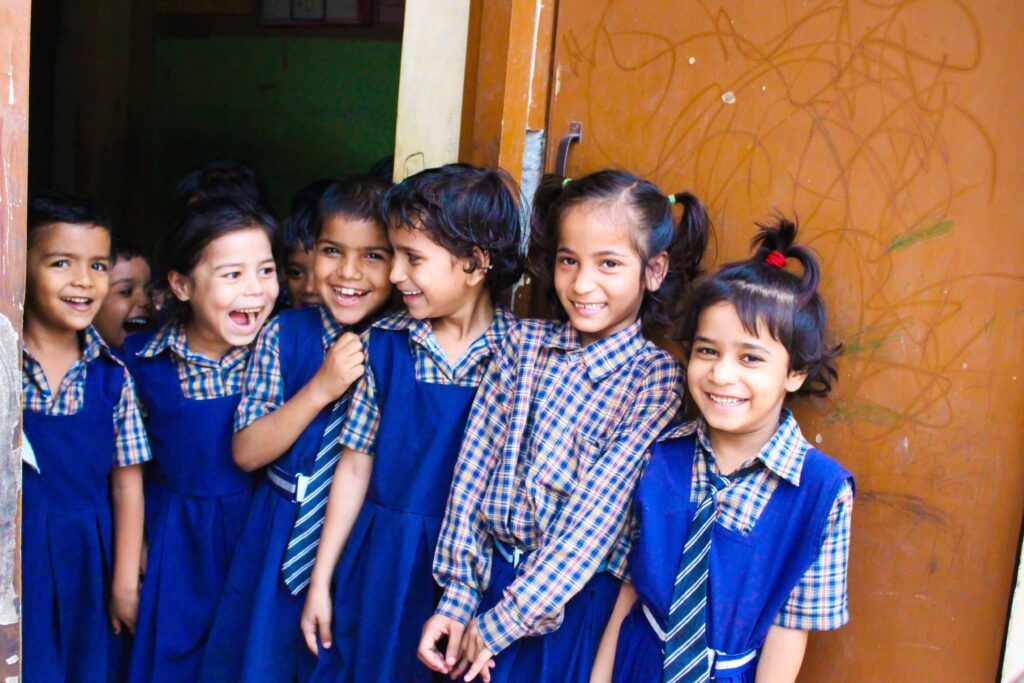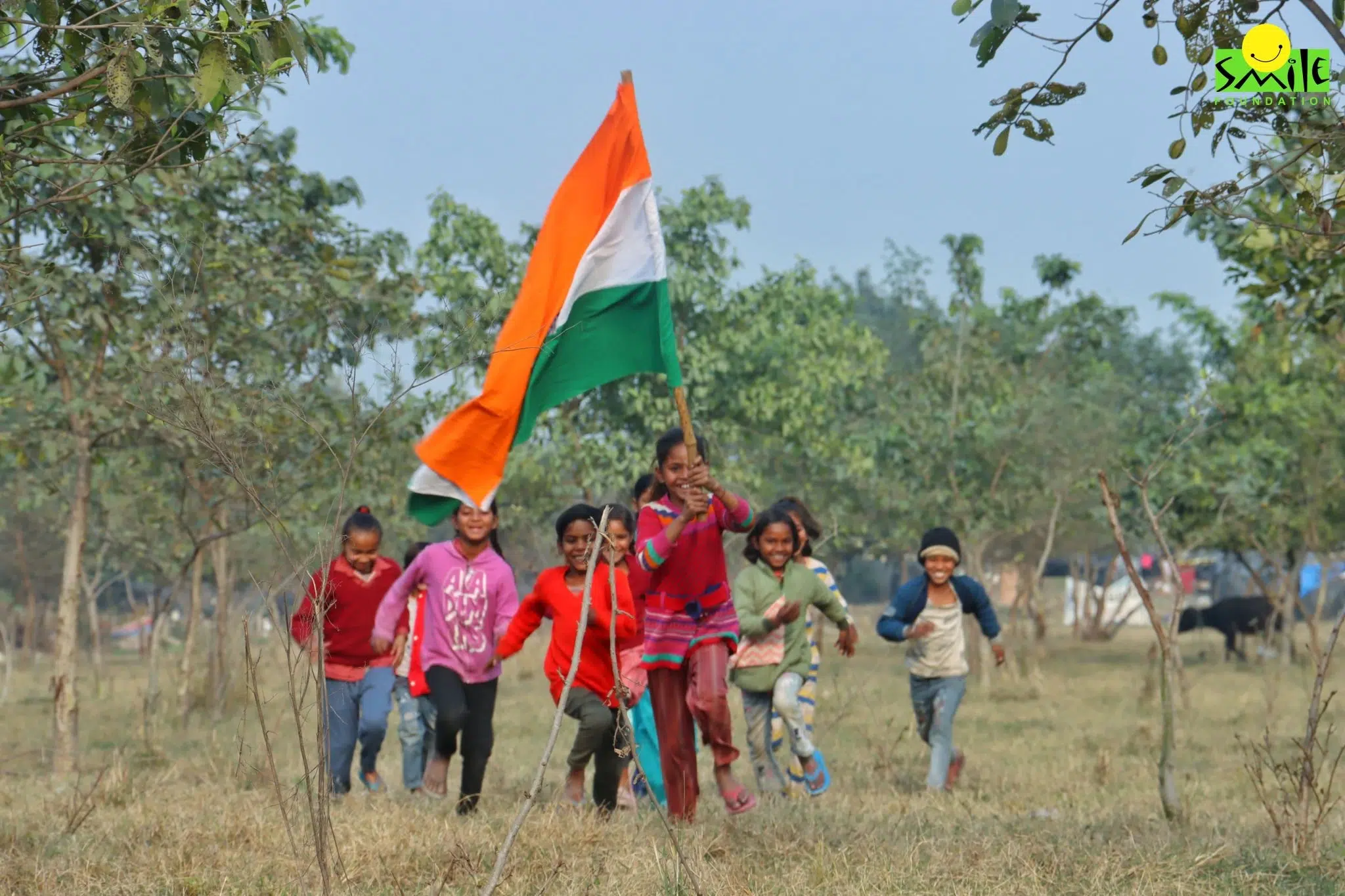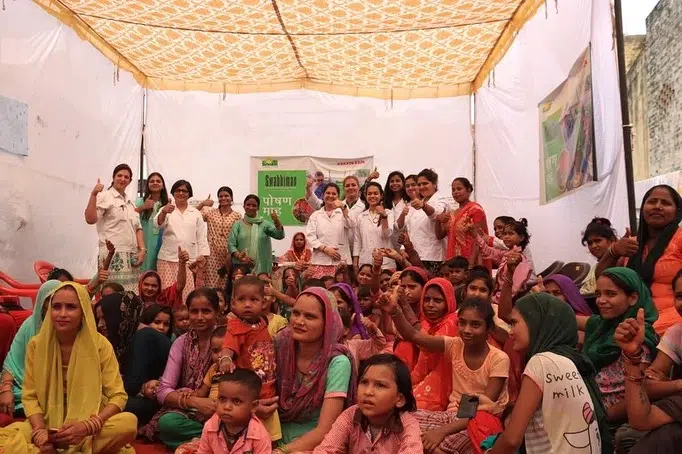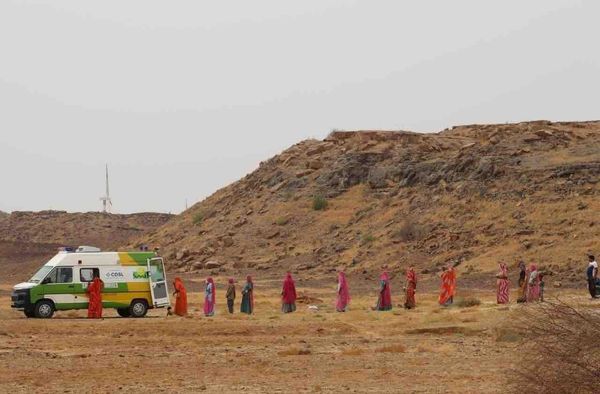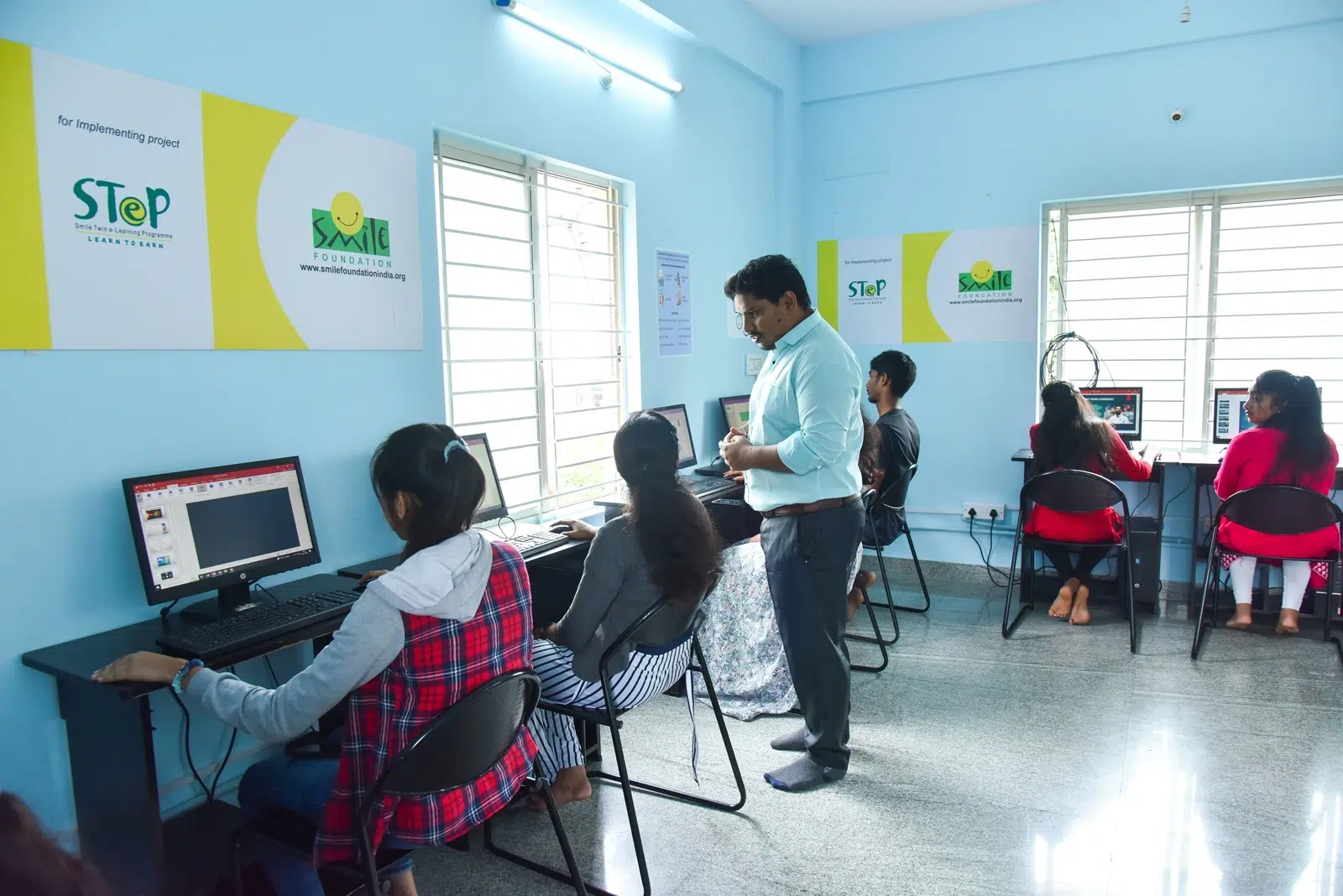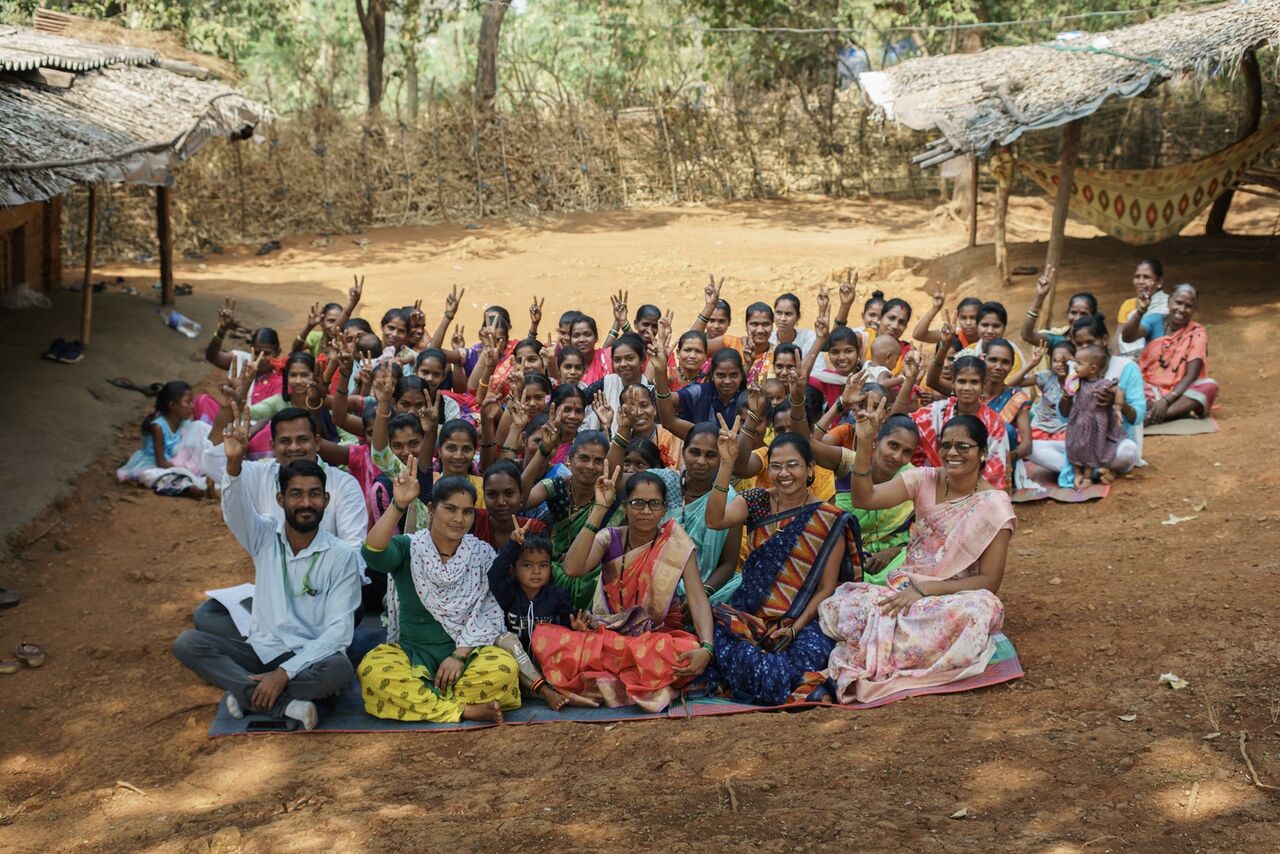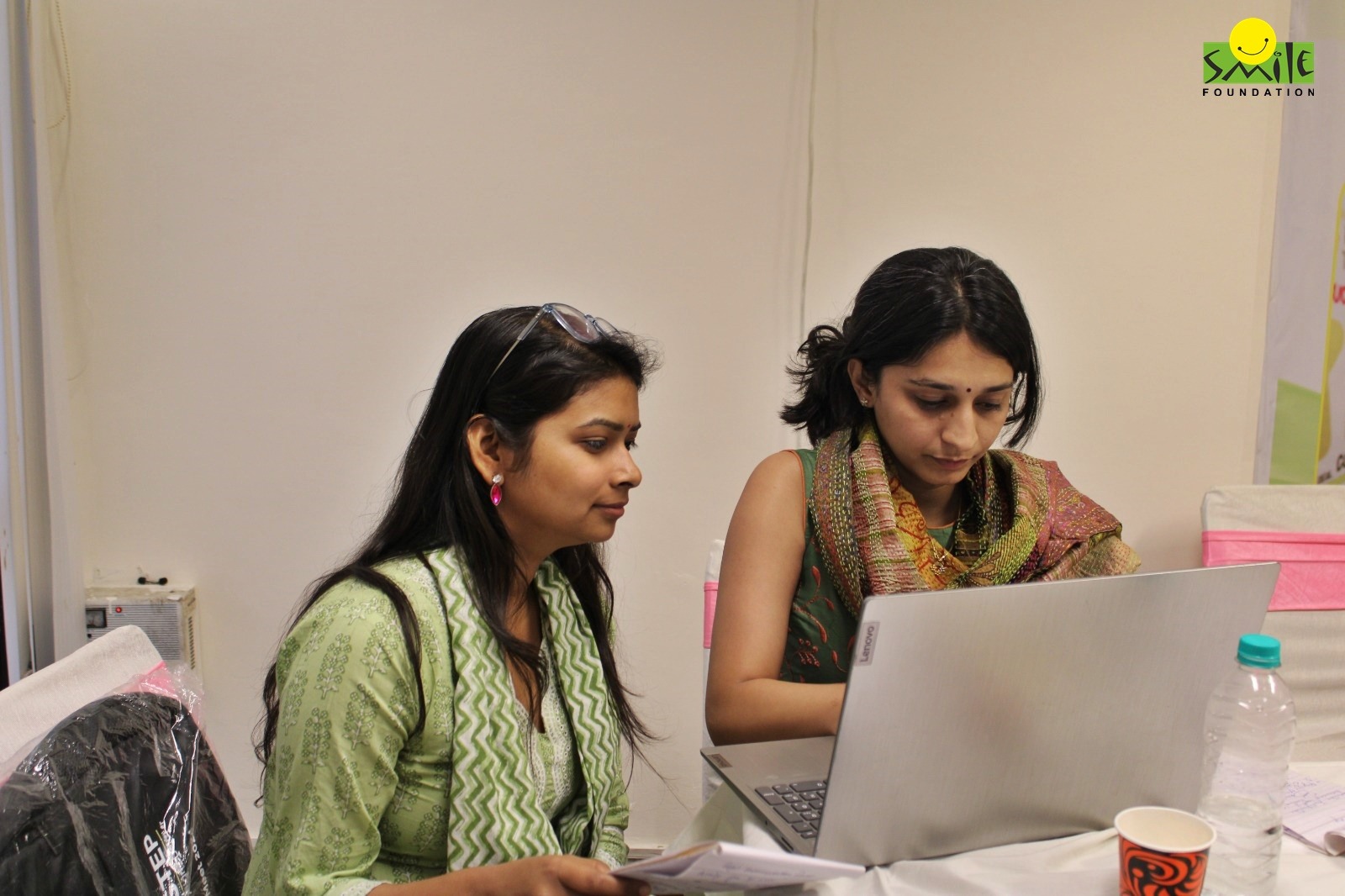A couple of months back, I, along with another colleague of mine went for a visit to one of Smile Foundation’s Mission Education centre. This particular visit grabbed my attention because the centre was located at Khora colony, a small settlement on the Delhi-UP border, which happens to be my birthplace.
I had spent the first four years of my life here but obviously had very faint memories of the place. My parents had told me that Khora had only gotten from bad to worse; and hence they had never taken me there in my later years. So when the centre visit was planned, I thought it was time to revisit the place.
This particular centre, Rasta, is an all-girls centre for girls who are predominantly Muslim owing to the vast presence of the community in the colony. This information which I already had before visiting the centre had not prepared me for what I experienced there.
It had rained the day before and Khora was in a complete mess. Rough streets, overflowing sewers and the odour emanating out of the open garbage dumps narrated the miserable state of hygiene amid which the inhabitants were living. I tried to bring back any memories from the past – is this where I began?
We stopped in front of a house, with unpainted brick walls and an iron gate; a board overhead read “Rasta”. Our visit had been planned on a Saturday, which happens to be the day scheduled for Parents-Teacher meetings. As it was the end of the academic session, results were being declared for the primary and middle classes. The centre was teeming with mothers and kids, the ones enrolled and younger ones who could not be left alone at home. This meant we could interact with not just the students and teachers, but also with the parents.
A cheerful, verbose and very cooperative lady, Ms. Himani, who is a senior teacher at the centre, welcomed us warmly and informed us with delight that the results had been exceptionally good. She first took us to the grade 7 classroom, which was packed with mothers and their kids, all sitting expectantly. The teacher was just about to announce the best performers of the class. All the kids stood up and wished us in unison. As the names were announced, we joined in the applause while three girls came forward and shyly stood besides the teacher; their mothers beaming with pride.
After congratulating the kids on their good results, we climbed a flight of stairs and reached the first floor. I realized that it was a well-spread out centre with separate classrooms for each grade and the basic amenities all in place. This floor was even busier with mothers and kids flowing around to the designated classrooms. As my colleague sat down with Ms. Himani to start the formalities of the monitoring visit, I drifted away.
Spotting a classroom where a young teacher was putting her papers in place, I entered and settled down for a chat. She was the pre-school teacher and had just ticked off the last parent on her list. I asked her if they had started preparations for bringing a new batch of girls to the class. She said that they had been going on community rounds for weeks and had got a good number of registrations. “But even if we do not go, people themselves come and get their daughters admitted when they reach the right age. When we had started, it was very difficult to convince the parents. They are very conservative; educating girls was not considered good. Only those families where both the parents were working and had no time to spare for their daughters sent them here. We used to pick them up and drop them back home. But now things have changed and people understand that educating their daughters is important.”
Noticing that only mothers had come to pick up the results, I inquired if the fathers were still against their daughters going to school. “No, it’s not that. Most of their fathers do labour work or carpentry; they cannot miss their day’s wage. But on regular days, many of them drop their daughters to school on their way to work,” Ms. Himani clarified.
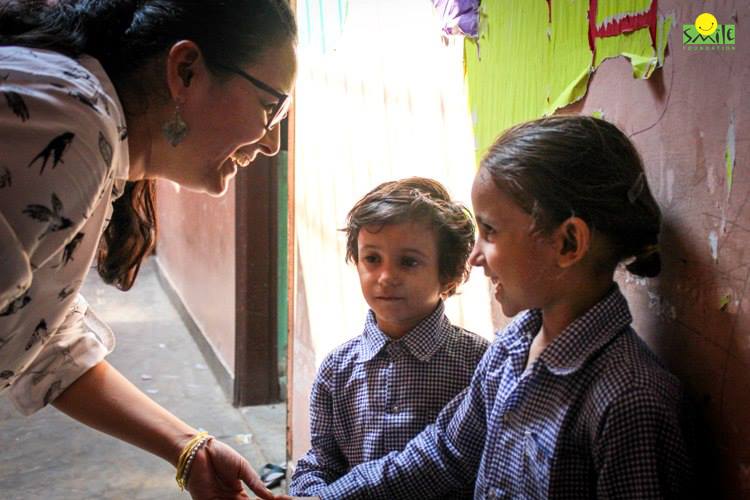
I next entered a class where the teacher had gone out on an errand and two mothers were waiting with their kids – 10 in number – starting from a toddler to a 12 year old. I asked the women what they did. “Nothing. We just sit at home and take care of the kids. We don’t know anything”, said the mother of six. Both the women had never been to school, so I asked what had made them send their daughters to school. The other woman said, “Look at us. We could not do anything in life; we never go out. They will study and do something. They will be different. If God wishes, they will also help us change.” There was hope in their eyes.
This hope is what has become the foundation for these first generation learners who study at the centre. When I visited the grade 6 teacher, she showed me the attendance register for the PTM.
“Look, some of the mothers have made thumb impressions, but many have signed their names in English. We told the girls at the last PTM to teach their mothers how to write, starting from their name. Today, when they wrote their names, some of them had gravity in their eyes which we will never understand, while others just laughed it off. The mothers always feel good when they come for PTM; they never get an opportunity to participate in any other public space.”
Indeed, we will never know what those women felt when their daughters taught them how to write their names. These young girls are not only beginning to form an identity for themselves but also giving their mothers something which they long desired, but never got a chance.
The sincerity and aspirations of the girls, the pride and hope of the parents, the satisfaction and ownership of the teachers, made me curious about how the centre began and I put up this query to the founder of Rasta, Mr. KC Pant. The good natured man smiled and said, “Oh it was during a casual conversation with a close friend, who decided to put up this challenge in front of me. I told him I was a teacher and my job is to teach, no matter what difficulties stand in the way. He then told me about Khora – there is no govt. school in the vicinity, except one which stands non-functional and in a dilapidated condition; the parents are completely against sending their daughters to school.; they do send their sons to govt. schools in Delhi; each family has a slew of daughters, all ages, sitting at home. I was moved, and told him I would readily take up this challenge. And this is how we started.”
As we took leave of the teachers and Mr. Pant, I felt a surge of emotions. Khora, when my parents left it had been a hopeless hole which they had thought best to leave behind, but a seed of hope had been planted and has started blossoming; the future will be different. And I feel good that in however microscopic a way, being a part of Smile Foundation, I am a part of this change that is unfolding in the place of my birth.
(To know more about our Mission Education programme, or to contribute to this change, please visit smilefoundationindia.org/me)



